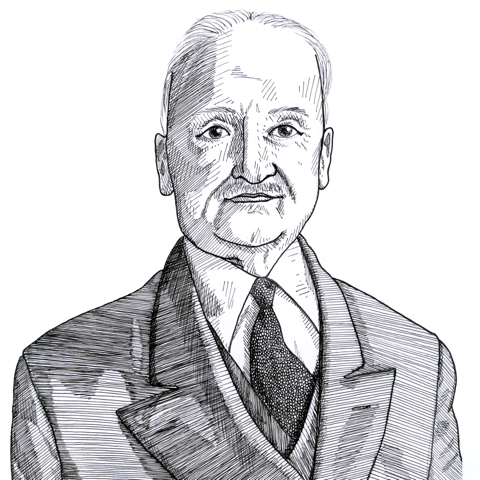
Mises on the consumer as the “captain” of the economic ship (1944)
Found in: Bureaucracy
The Austrian economist Ludwig von Mises (1881-1973) noted the importance of the consumer in determining what gets produced and at what price. In other words, in a capitalist economy the consumer is the captain of the economic ship:
Economics
The real bosses, in the capitalist system of market economy, are the consumers. They, by their buying and by their abstention from buying, decide who should own the capital and run the plants. They determine what should be produced and in what quantity and quality. Their attitudes result either in profit or in loss for the enterpriser. They make poor men rich and rich men poor. They are no easy bosses. They are full of whims and fancies, changeable and unpredictable. They do not care a whit for past merit. As soon as something is offered to them that they like better or that is cheaper, they desert their old purveyors. With them nothing counts more than their own satisfaction. They bother neither about the vested interests of capitalists nor about the fate of the workers who lose their jobs if as consumers they no longer buy what they used to buy.